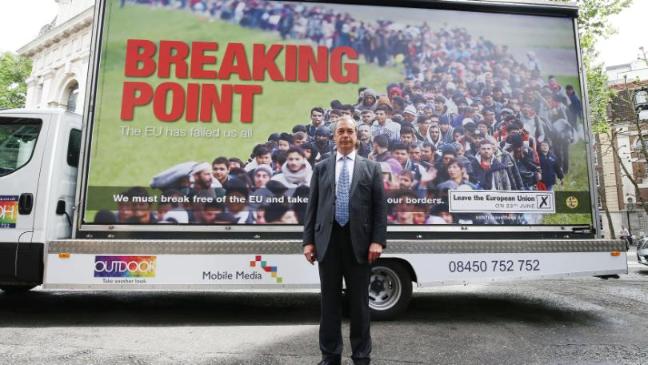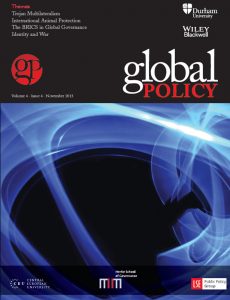How have scholars confronted the War on Drugs in the Philippines and what remains to be done?
The War on Drugs in the Philippines, a signature policy of then President Rodrigo Duterte, killed thousands of people, predominantly alleged drug users and street peddlers from poor communities. Paradoxically, it enjoyed huge support among Filipinos including the poor as reflected in various opinion surveys and in the electoral dominance of Duterte and his allies. Naturally drawn to this complex and intriguing anti-drug campaign and socio-political phenomenon, scholars asked questions like: how to “make sense” of the popularity of the...














1468-0491/asset/society_affiliation_image.gif?v=1&s=859caf337f44d9bf73120debe8a7ad67751a0209)
1099-0860/asset/NCB_logo.gif?v=1&s=40edfd0d901b2daf894ae7a3b2371eabd628edef)